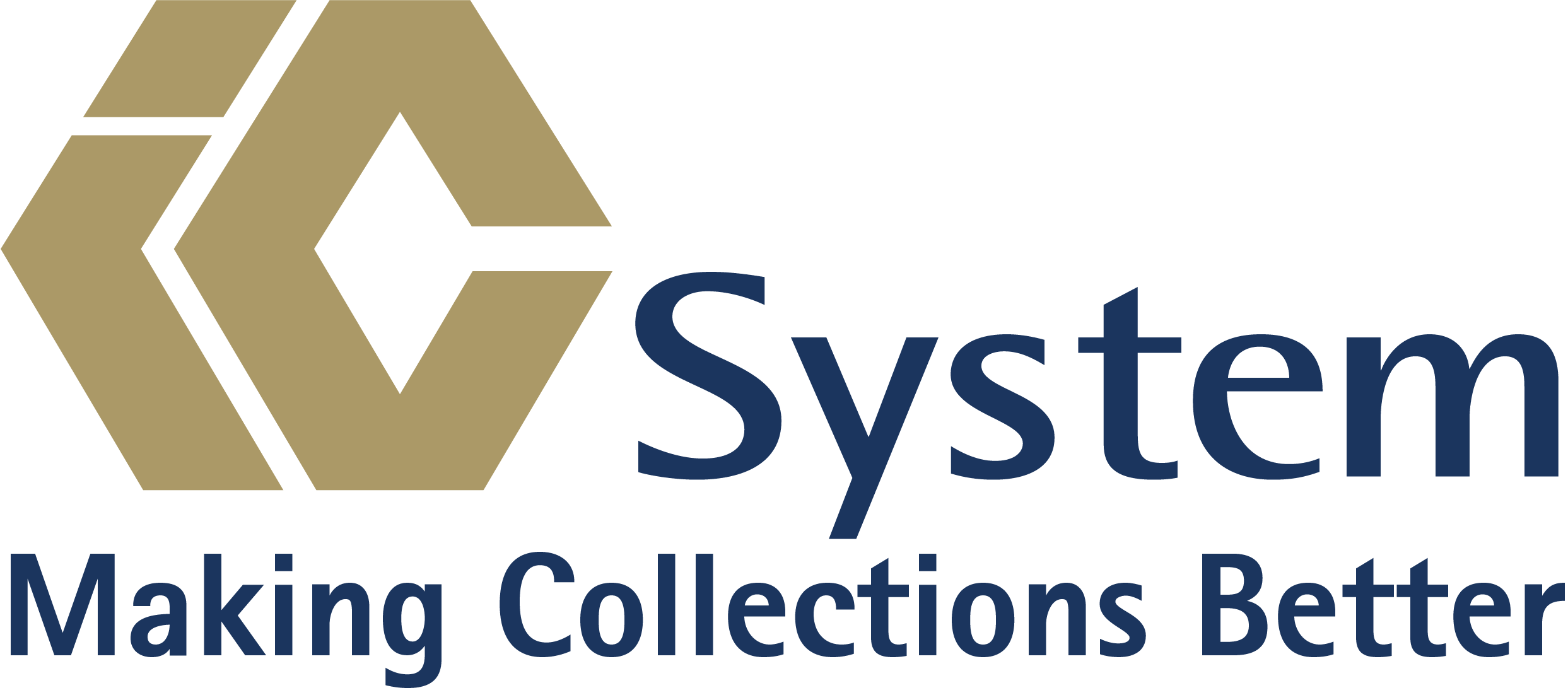Sound collection techniques in the era of phone scams

When it’s time to telephone consumers to settle a late bill, it’s important to understand the new reality people are living in: Phone scams are becoming more and more prevalent. Even though it’s highly unlikely that scammers are out there impersonating your office, consumers might have their guard up when they hear from you about a billing issue. The billing office may encounter consumers who are reluctant to continue the conversation, pay by credit card over the phone, or even answer the call in the first place.
It’s not hard to see why. In 2017, 328,000 people reported being targeted in a phone impostor scam to the Federal Trade Commission, and one in five were tricked into divulging their credit card information or wiring money. In most cases, the scams involved someone pretending to be a government official, a tech support representative, or a loved one in trouble.
Bottom line, consumers are warier than ever about answering the phone. To overcome this barrier to debt recovery, here are some things that can help break the logjam in an age of phone scams.
Educate consumers about your office’s verification policy
Because of the prevalence of phone scams, consumers have been coached to not disclose personal information on the phone. In opposition to that, most offices will ask questions on the phone to verify the consumer’s identity so they don’t break policies or laws. Remind consumers in person, on your office’s IVR/on-hold messaging, as well as on your website how you verify identity while protecting their sensitive information.
Offer multiple convenient methods to consumers to pay bills
Consumers are more likely to be reluctant to share credit card information over the phone when they didn’t initiate the call. If they decline to pay on the spot, be understanding and accommodating. Point them in the direction of your office’s secure web portal or other tools that make remitting payment convenient for them while allowing for payment to be made more quickly to you.
Communicate with consumers through digital means
Because we’re in an increasingly technical society, adopt digital tools that consumers are comfortable using for billing and communication. Get permission in writing from consumers to contact them via text and email. In keeping with privacy laws, ensure these communications don’t contain sensitive personal, financial, or other details that outside parties could access or see.
Notify consumers before the debt enters the collection stage
When the time comes to send a bad debt to a collection agency, send a notification letter first that includes the name of the collection partner your organization works with. A hand-off can help your collection partner establish the connection with patients more quickly, which will bring resolution to the accounts that much faster.
Need collection help?
Call us at 1-800-279-3511 to REQUEST PRICING!
About the Author: Eric Johannes








